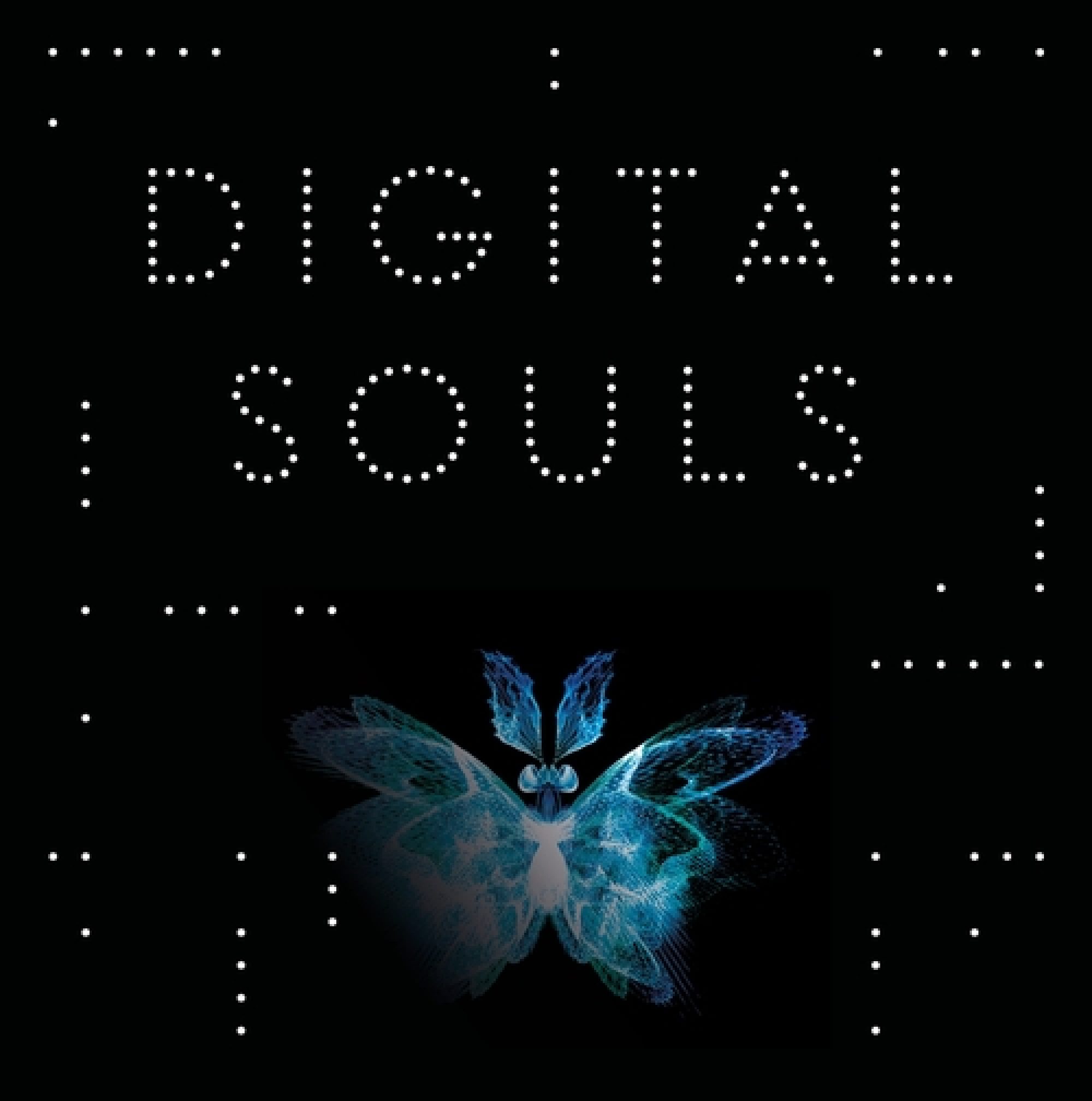
[Originally posted at The Conversation; feel free to join in the discussion there]
The akedah narrative – the story of Abraham’s willingness to sacrifice his son Isaac at God’s command – is one that has long inspired and haunted Jews, Christians and Muslims.
In being prepared to kill his own son, Abraham is presented as the “father of faith,” an exemplar of pious obedience and unwavering belief that God would, somehow, fulfil his earlier promise to Abraham that through Isaac he would found a great nation.
It’s hard not to find the story deeply unsettling. How does Abraham know he’s hearing a command from God? Mightn’t he just be dreaming, or deluded? And what sort of God would ask such a thing? Can even God override such a basic ethical principle as that of not murdering one’s child?
No wonder the philosopher Søren Kierkegaaard, whose 200th birthday has just passed, called his exploration of the story Fear and Trembling.
In this work, “Johannes di silentio”, one of the many pseudonyms Kierkegaard uses in order to decentre authorial authority, considers whether there can ever be a “teleological suspension of the ethical.” That is, can there be justified exceptions to moral laws on the basis of a direct command from God?
Clearly, the problem of whether faith can exempt people from earthly laws and human morality is not a new one. And interestingly, it’s flared up again in Australia just this last week.
The NSW parliament has introduced legislation to allow childcare centres to refuse to enrol unvaccinated children. It didn’t take long for Australia’s main anti-vaccination group to suggest a loophole for those wanting to get around the new laws: find religion.
For just $25 you can join the Church of Conscious Living, which was set up with the express purpose of providing “believers” with a religious exemption from vaccination.
There’s no liturgical basis to this church, apparently no organised community, no scriptures, no theology beyond a handful of broad statements about bodily sanctity and vaccines. They haven’t released a newsletter since 2010. Even the recipe for scalloped potatoes they offer looks a bit thin.
We’ve seen this phenomenon of “astroturfing” many times – where something that looks like a grass-roots movement turns out to have been cut from whole cloth by a corporation or public relations company.
Now, it seems we’ve got the religious equivalent – a “religion” that has been concocted for other purposes.
Joining a church to claim an exemption rather than out of genuine spiritual belief might seem a bit sleazy. Still, you might ask, is this any worse than joining a religion to placate your partner’s family or so you can get married in their faith?
Besides, who has the right to tell you that your religious belief isn’t sincere? How can the state determine whether your beliefs count as religious or not?
Actually, the state has already been doing that for some time. That’s why “Jedi” still isn’t recognised by the Australian Bureau of Statistics, despite thousands of people listing it as their religion on census forms.
Nonetheless, defining religion is a notoriously difficult business. Trying to define religion either by listing its essential features or describing the function it fulfils leads to serious difficulties. Given this ambiguity, might anti-vaccinationism be entitled to be considered a new religion?
The reasons why people believe in anti-vaccination myths are many and varied and often specific to individuals. No doubt many are seeking answers as to why their child has a health problem, an answer which anti-vaccine narratives appear to offer.
Still, when reading online anti-vaccination discussions, particularly those that shade into endorsing alternative medicine, a number of overlapping themes keep coming through. One is a visceral distrust and resentment of authority, whether government, medical or judicial.
Associated with that distrust is selective regard for expertise: someone with years of university education and published research under their belt is clearly corrupt and can be dismissed, while homeopaths, naturopaths and cancer quacks are lauded as brilliant sages.
Another recurring idea is that of a secret body of knowledge that offers the initiate a short-cut to health or other goods. Just eat the right foods, take the right supplements, and even the most terrifying of diseases can’t hurt you. (The unspoken corollary is that if they do hurt you, it must be your fault).
This idea that the world can be hacked to work the way you want it to, so long as you know the cheat codes, even carries over into bizarre pseudo-legal beliefs such as “Freeman on the Land” defences, which anti-vaccinationists have sometimes tried. For the record, this never works.
You can, in fact, discern something like a proto-religious worldview in all this, complete with its own myth of the Fall and promise of salvation.
The natural world is understood as a fundamentally benign place. If we suffer, it’s because, in our hubris, we’ve fallen away from a paradisical state of nature to our present artificial condition.
Only through purging ourselves of our corruption (read: “toxins”) and returning to a “natural” way of life can we return to our blessed prelapsarian state.
That’s actually quite an old story. There are broad themes here that are familiar from many religious texts, from the Eden narrative in the Abrahamic faiths to pre-Qin Chinese religious texts like the Daodejing and the Zhuangzi, with their insistence on returning to the primordial dao or the “way”, from which we have strayed.
But a few broad themes do not a religion make. And even if they did, it’s not clear that a belief that entails causing risk not just to yourself but to your children and to others in the community deserves accommodation.
I have argued before that the collision of deeply-held faith beliefs and public ethics is often messy. Negotiating the collision requires thoughtfulness and care.
But where people seek to engage in activity that harms others on the basis of reasons that cannot be shared from the perspective of public ethics, it’s far from clear why we should be obliged to accept this.
In Fear and Trembling, di silentio has to conclude that he cannot understand Abraham. Perhaps God really did order him to kill his son but, in human terms, Abraham must be accounted a murderer. Kierkegaard’s point is that the believer must regard Abraham as an exemplar of faith despite this humanly valid judgement.
But in public ethics, faith-based reasons have no place – even, or perhaps especially, when religious exemptions would lead to real harm to innocent people.
